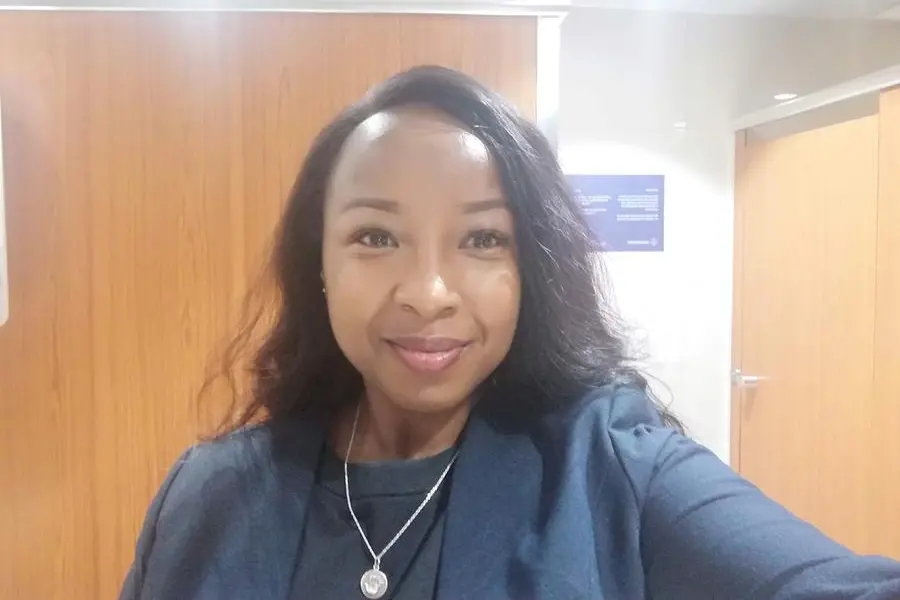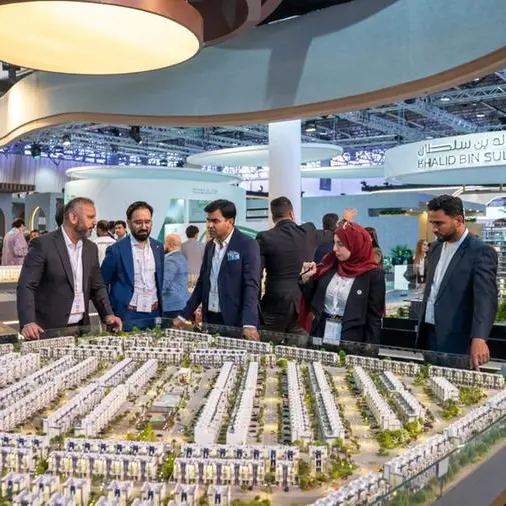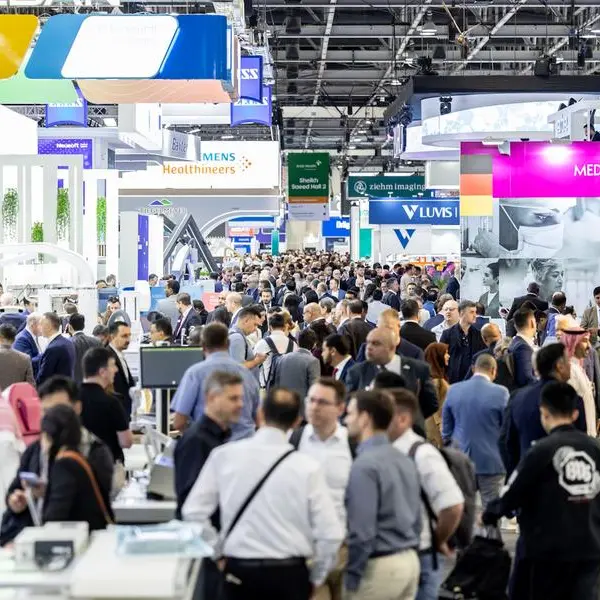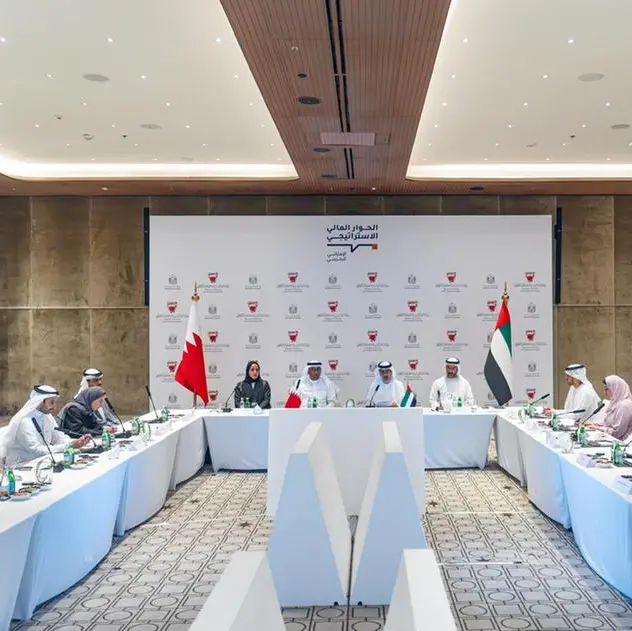PHOTO
The role of digital health and health technology in achieving a sustainable health system in Africa will be one of the key themes at this year’s Africa Health Conference, set to get underway in October.
The event, which is expected to reach healthcare professionals from across the continent, will see industry leaders, policymakers, health system specialists and other health experts gather to discuss the critical role played by digitisation and technology in forging a sustainable path for Africa’s often highly constrained health systems.
Cynthia Makarutse, Africa Health’s Conference Producer, believes that Improving health quality and equity in Africa will require the inclusion of digitisation into policy agendas. “Lagos, for example now sits at the forefront of digital health in Africa, thanks to legislation that promotes the use of new healthcare technology.”
Dr. Conrad Tankou, Africa Young Innovators for Health Award winner, and CEO of CIG Space will address conference delegates on Africa’s potential to advance health equity through technology.
This will be a part of the much anticipated ‘Transformation Zone’, a free-to-attend show highlight in which thought leaders, innovators, industry experts, and tech giants from the continent will unveil industry trends, insights, and innovations that look set to reshape the continent’s healthcare landscape over the coming years.
Other Transformation Zone talks include Artificial Intelligence (AI) as a catalyst to healthcare democratization, and COVID recovery and digital solutions to facilitate workforce transformation.
Chief among the emergent technologies reshaping Africa’s healthcare landscape is the increasingly sophisticated big data, AI, and algorithmic machine learning tools, now ubiquitous across many healthcare sub-fields.
Such tools are assisting with high-level decision-making in healthcare management, and streamlining everyday management tasks such as admissions procedures, and triage.
“Entire new subfields within the healthcare industry, such as informatics and HIEs have emerged around these technologies and are already driving the evolution of Africa’s healthcare systems,” says Makarutse.
Examples of how this tech is converging with other medical fields can be seen at this year’s Imaging conference track, where celebrated field leaders like Prof Richard Pitcher, Matsie Lerefolo, and Dr. Jaishree Naidoo will explore topics including “How AI is changing the game in breast imaging” and “The cyborg of today: From artificial intelligence to clinical intelligence”.
Makarutse believes that ever-accelerating technological sophistication has permeated every sphere of medicine and healthcare in Africa – pharmaceuticals, manufacturing, supply chain management, 3d-printing, and IT infrastructure, to name a few.
These innovations will converge to bring about cascading benefits, allowing Africa’s health systems the potential to improve relatively swiftly.
“Having risen to prominence almost overnight in some regions, telemedicine is starting to bring better healthcare into the most remote and rural regions on the continent, thereby creating the potential for improved access to specialized services,” Makarutse explains.
Domestically, biometrics facilitated by innovative IoT devices and wearables (such as watches that let users take ECG scans) are empowering African people to better monitor their health and make more informed healthcare decisions.
“Beyond simply following the developed world, Africa has the potential to lead in the R&D, production, and manufacture of innovative tech-driven healthcare solutions tailored to our unique healthcare challenges,” she says.
Makarutse believes that these tech-driven innovations are improving Africa’s healthcare outlook.
“Ever-advancing healthcare tech is presenting new opportunities to deliver the medicine, technology, and human capacity to the people and places where they are needed most, and helping industry leaders balance the drive for resilient, inclusive Universal Healthcare with the reality of constrained human-, medical- and technological resources.”
Makarutse stresses the importance of establishing equitable continent-wide sustainable electrical and internet connectivity infrastructure.
“Part of this is facilitating independent solutions, and private-public partnerships to compensate for power shortfalls in regions where state utility supply may be inadequate,” she explains.”
Clean solar energy projects, rainwater harvesting, proper waste management, and classification, and adoption of paper-free electronic systems, are public healthcare imperatives, as well as environmental ones, and will prefigure improved health outcomes.
The 2022 Africa Health Conference, which will run from 26 - 28 October at Johannesburg’s Gallagher Convention Centre, is expected to host over 8000 people representing 56 countries.
CPD-accredited clinical and leadership conference tracks, including quality management; public health; imaging and diagnostics; healthcare management, and nursing will inform and enlighten delegates on current best practice.
The event provides the opportunity for delegates to engage with industry leaders and peers as well as participate in the 250-strong exhibitions which promise to showcase the latest breakthroughs and innovations in healthcare technology.
-Ends-
ABOUT AFRICA HEALTH
- Africa Health is organised by the Informa Markets’ Global Healthcare Group. It takes place at Gallagher Estate in Gauteng (South Africa) between 26 and 28 October 2022.
- The Exhibition will host 12 CPD accredited conferences that are aimed at bridging the gap in medical knowledge by providing the very latest insights into cutting-edge procedures, techniques, and skills.
- For more information, visit https://www.africahealthexhibition.com/en/home.html
- Media queries and requests for attendance accreditation can be addressed to Martin Slabbert on 079 500 1503 or martin@hwb.co.za
Issued by HWB Communications Pty Ltd on behalf of Africa Health.




















